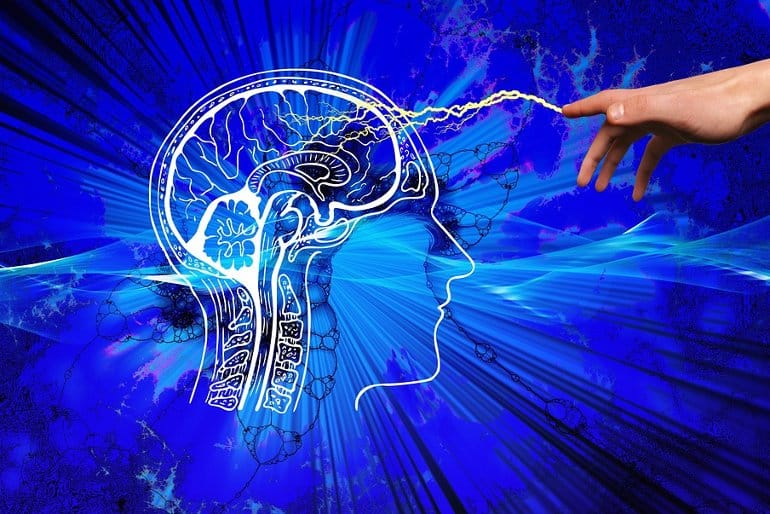
– Definition of neurology: a science involved in the study of the nervous systems, especially of the diseases and disorders affecting them.
– Neurology research can include information involving brain research, neurological disorders, medicine, brain cancer, peripheral nervous systems, central nervous systems, nerve damage, brain tumors, seizures, neurosurgery, electrophysiology, BMI, brain injuries, paralysis and spinal cord treatments.
Summary: A new theory of consciousness suggests decisions are made unconsciously, then about half a second later, they become conscious.A Boston University Chobanian & Avedisian School of Medicine researcher has developed a new theory of consciousness, explaining why it developed, what it is good for, which disorders affect it, and why dieting (and resisting other urges) is so difficult.“In a nutshell, our theory is that consciousness developed as a memory system that is used by our unconscious brain to help us flexibly and creatively imagine the future and plan accordingly,” explained corresponding author Andrew Budson, MD, professor of neurology.Budson explained that he developed this theory along with his co-authors, philosopher Kenneth Richman PhD, at Massachusetts College of Pharmacy and Health Sciences and psychologist Elizabeth Kensinger, PhD from Boston College, to explain a series of phenomena that could not be easily understood with prior theories of consciousness.But if consciousness is not involved in such processes, then a better explanation of what consciousness does was needed,” said Budson, who also is Chief of Cognitive & Behavioral Neurology, Associate Chief of Staff for Education, and Director of the Center for Translational Cognitive Neuroscience at the Veterans Affairs (VA) Boston Healthcare System.
If we believe that episodic memory evolved solely to accurately represent past events, it seems like a terrible system—prone to forgetting and false memories
However, if we believe that episodic memory developed to flexibly and creatively combine and rearrange memories of prior events in order to plan for the future, then it is quite a good system We argue that consciousness originally developed as part of the episodic memory system—quite likely the part needed to accomplish that flexible recombining of informationMoreover, we suggest that episodic memory and its associated memory systems of sensory, working, and semantic memory as a whole ought to be considered together as the conscious memory system in that they, together, give rise to the phenomenon of consciousnessLastly, we suggest that the cerebral cortex is the part of the brain that makes consciousness possible, and that every cortical region contributes to this conscious memory system